To celebrate the recent relaunch of our website, Rewilding Europe is conducting interviews with prominent persons in conservation and rewilding across Europe. Following on from Princess Laurentien of the Netherlands, we are delighted to present British naturalist, nature photographer, television presenter and author Chris Packham as the second interviewee of this series.
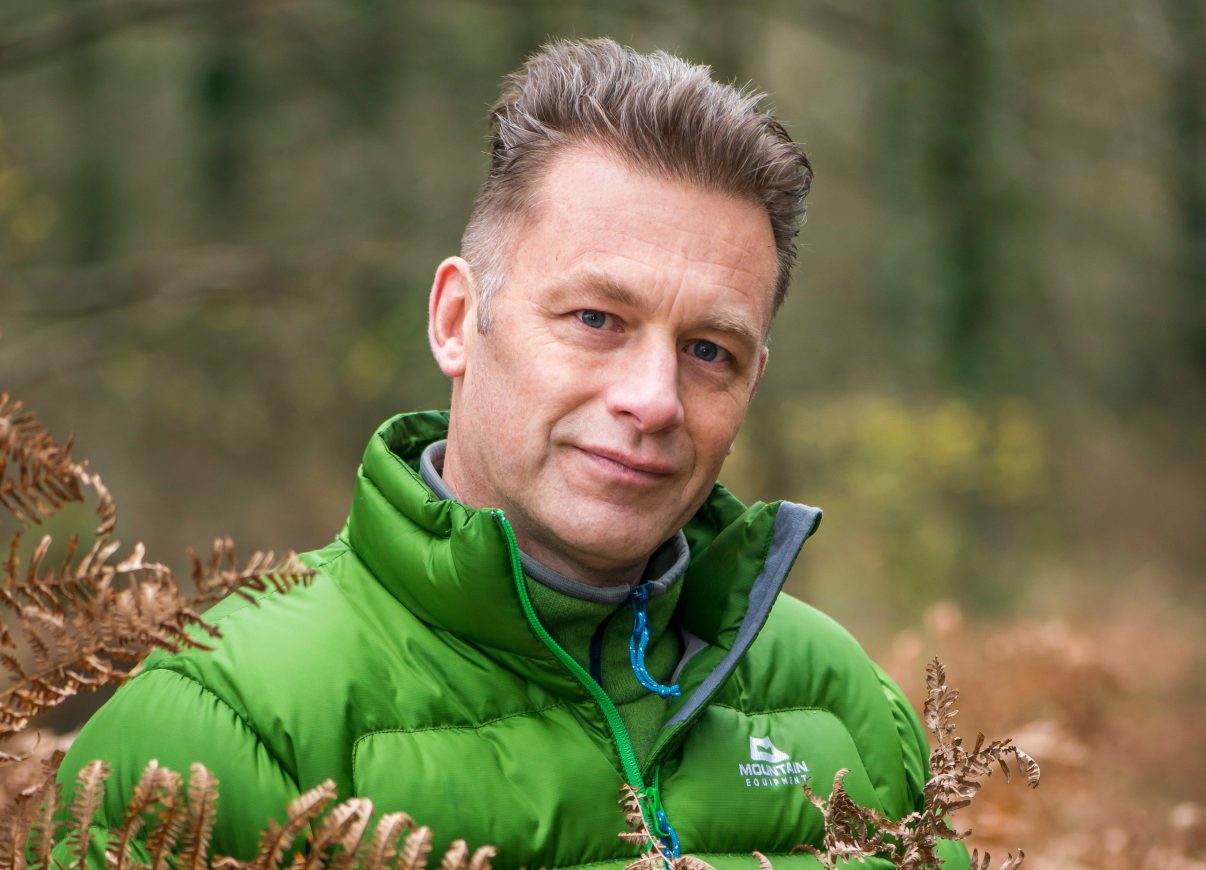
In a recent interview with Rewilding Britain you talked a bit about the rewilding movement in the UK. How would you evaluate the rewilding movement in continental Europe right now?
Rewilding is clearly at a more advanced stage in continental Europe than in the United Kingdom, and it’s heartening to see such good, well-structured progress being made. Thanks, in part, to the efforts of Rewilding Europe, there seems to be a gathering sense of momentum behind European rewilding.
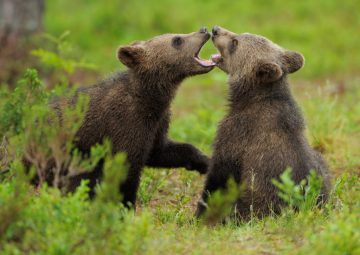
Rewilding is sometimes branded as controversial, but to me it’s just common sense. Many people think of conservation as looking after the wild nature that we have left. The work of Rewilding Europe and its partners across the continent shows that we can and should do much more than this, and that rewilding can bring benefits on so many levels.
How did you first hear about rewilding, and why are you such a passionate rewilding supporter?
Back in the 1980s I used to go to the Netherlands birding, looking for species such as goshawks and smew. I would go past the Oostvaardersplassen nature reserve and peer over the fence at the early stage rewilding being conducted there, and think to myself what a great idea. I remember as a child I would draw landscapes with diverse, mosaic habitats filled with wild nature, so I guess proto-rewilding was in my head even back then!
What would you say are the biggest conservation challenges that Europe faces today? How can rewilding help address those challenges? Why does Europe (and Europeans) need rewilding, and what advantages does it offer over the status quo?
There are many challenges. Overpopulation, which leads to resource depletion, habitat loss and fragmentation, urban sprawl and excessive infrastructure development is a big problem. Political instability and political differences between countries are other issues which can seriously impact wild nature, especially in transboundary areas.
On a more general level, I think the long-term trend of economic growth driving increased consumption is also a huge problem. Increasing prosperity shouldn’t mean more consumption. We need to value our natural capital far more.
I see rewilding and the work of Rewilding Europe as a calling card, if you like. Rewilding efforts are now showing that ecology and economy can be placed on an equal footing. Discussing the theoretical side of conservation is obviously important, but showing how things could be different in a tangible, practical way is vital. Rewilding offers something new and fresh, and I think it really excites and energises people.
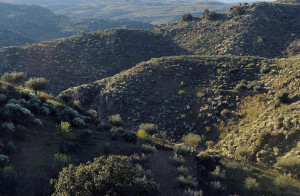
Rewilding Europe is heavily involved with the return of the European bison. With land abandonment giving rise to a decline in domesticated herbivores across Europe, how important is the reintroduction of wild grazers in maintaining and boosting biodiversity in European landscapes?
It is very important. Taking a step back from the science for a minute, reintroducing animals such as wild horses, red deer or European bison is obviously a lot easier for people to accept than reintroducing a carnivore. In the Great Fen project in the UK, for example, Konik ponies are not only performing an important role in creating a more diverse landscape, but they are ambassadors for the whole initiative.
I think education is also very important here. In some places there are too many herbivores – such as red deer in Scotland – and in some places not enough. So people need to understand the difference between native and non-native species, about the difference between domesticated and wild, and about having the right herbivore balance. And I totally support the fact that Rewilding Europe is using wild and semi-wild herbivore reintroductions to support the natural comeback of species such as wolves and vultures. Again, it’s all about natural balance.
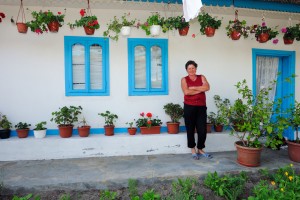
Rewilding Europe is working hard to show that people can earn a fair living from the wild, and that wild nature and sound economic practice don’t have to be mutually exclusive. In your opinion, how important is it to link the comeback of wild nature to sustainable enterprise and local livelihoods?
It is critical. Humans are not isolated from nature – we are part of nature. In my opinion the most efficient conservation is carried out by local communities who have a real passion and pride in the wild nature on their doorstep, and derive benefit from it in a sustainable way.
If you look at the Rewilding Europe website, it’s full of stories about people making a positive contribution to wild nature at a grassroots level, whether they are entrepreneurs, or ecologists or bison rangers. This is because people care about their local area more than anywhere else. I walk my dog every day in the same woods – I don’t own those woods, but I feel a sense of responsibility for them. It’s the same all over the world.
What are your views on the issue of “natural capital”? Should we be looking to monetise wild nature in our approach to conservation, or simply valuing wild nature for its own sake?
I think we need to be pragmatists here, rather than purists. I understand why people find it demeaning to put a price on nature, on the genius of evolution. But if you can put a price on an abstract thing such as a painting, then why not an eagle? If it benefits nature, why not? What we absolutely need to stress is that investing in natural capital is not just about cash and immediate monetary return. It’s about investing in and securing the future. For me, investing in nature is like buying an Andy Warhol painting. It’s a secure, long-term investment whose value is only going to go up.
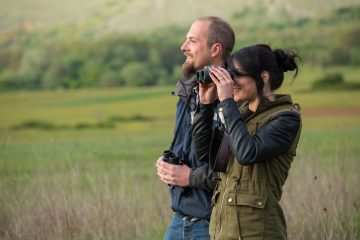
Do you think people’s ideas about wild nature in Europe are changing, and if so, why? Is it important that we reconnect more people with such nature, and in your view what are the best ways of doing this?
Yes, they are obviously changing. I think Europeans are realising that they need wild nature – for a variety of reasons – and that we have to do more to conserve and restore it. A lot of people, especially young people, have unfortunately lost touch with nature, and we need to work harder to reach out to them, to excite and inspire them, to win hearts and minds. With its dedicated workshops, camps and educational programmes Rewilding Europe is playing its part. And we’re having this discussion right now, which is a very positive thing.
Do you think rewilding should be an integral part of the EU’s conservation-related policies? Is the EU is doing enough to protect and revitalise European biodiversity?
The EU already has some great environmental legislation, such as the Birds and Habitats Directives, and should be applauded for progress in these areas. But I think the implementation and policing of this legislation could be far more stringent and efficient. And obviously there needs to be more funding. Just look at the tiny budget for the LIFE programme – a programme that does a lot with very little. Rewilding makes sense from an economic and environmental viewpoint, so I really hope it is incorporated into European conservation policy in a meaningful way going forwards.
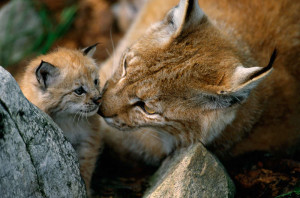
In the face of various well-documented threats and pressures, are you optimistic about the future of wild nature in Europe? As a celebrity, do you feel a particular responsibility to draw attention to conservation issues?
I am optimistic and pessimistic at the same time. The way I see it is that humans are far better at being reactive than being proactive. In terms of conservation, I think, sadly, that this means we are probably going to make more mistakes before we really wake up and understand the urgent need to value our environment and wild nature differently. At the moment I see a lot of conservation efforts as triage, rather than long-term solutions. This is where rewilding can really help – this is not just a “finger in the dyke”, but a holistic and comprehensive new approach to conservation that has the potential to make a real and long-lasting difference.
And yes, I do feel a huge responsibility to draw attention to conservation issues. This is my very raison d’etre. As I get older I find that I’m actually working harder, although I’m not sure whether putting in 18-hour days is a good thing or not!
Can you tell us briefly about one or two of your most memorable encounters with wild nature in Europe?
I used to own a house in the southwest of France. If you slept with the windows open you could hear nightingales and barn owls. And once when I showed up I saw a female pine marten carrying her kits from the roof to a nearby meadow. It was a beautiful moment. I need to share my space with wild nature.
